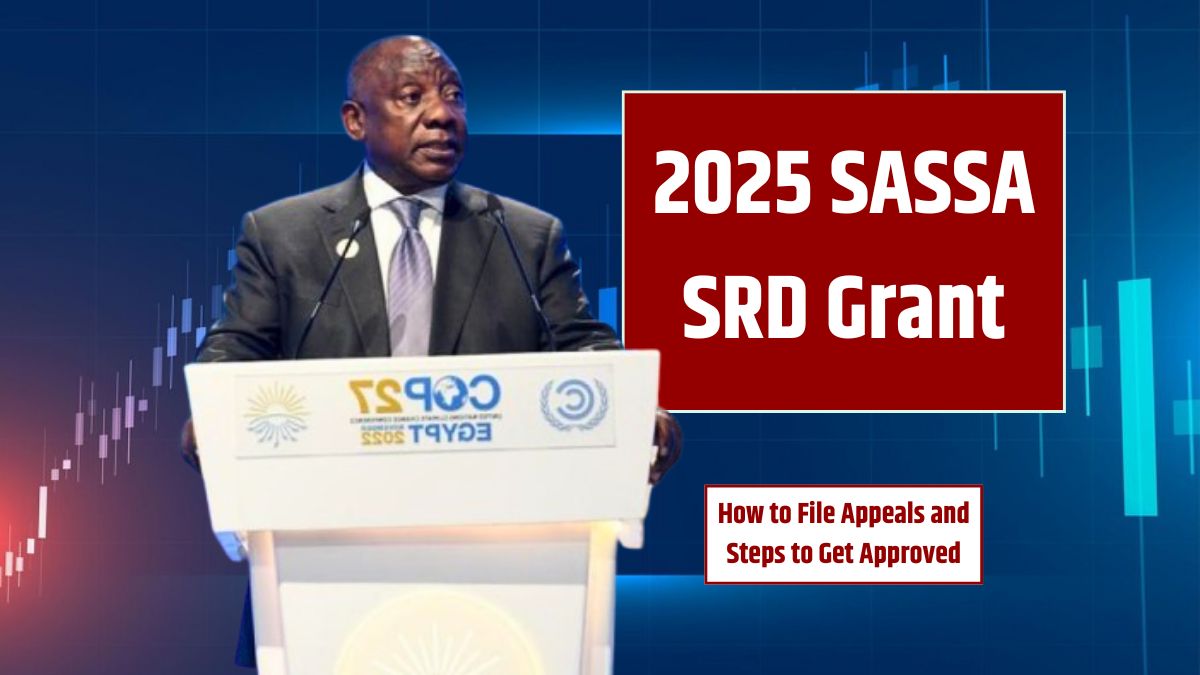The recent announcement of a £465 reduction to UK pensions and benefits has sparked serious concern across the country. From retirees and carers to individuals on long-term sickness benefits, millions depend on this support to cover everyday essentials. With the government aiming to reduce welfare spending, it’s vital to know what’s changing, who’s impacted, and how you can respond.
Overview
This policy change is more than just numbers on paper. It reflects a shift toward tighter, more targeted support, moving away from universal entitlements. For many, that means reassessing their monthly budget and seeking new ways to fill the gap.
| Feature | Details |
|---|---|
| Pension Credit Cut | £465/year for singles, £710/year for couples |
| Winter Fuel Payment | Now means-tested, up to 100,000 pensioners affected |
| State Pension Adjustment | £70 annual rise (doesn’t match inflation) |
| Universal Credit Freeze | Sickness component frozen until 2030 |
| Source | GOV.UK, The Times, The Scottish Sun |
Reasons
According to the 2025 Spring Statement, these cuts are part of a broader plan to reduce welfare spending by £3.4 billion. The government aims to stabilise public finances and fund investments in infrastructure and debt reduction.
But critics argue these changes disproportionately impact the most vulnerable—especially pensioners and people with disabilities. Many believe it signals a shift away from compassionate support to cost-saving bureaucracy.
Who’s Affected
This benefit is designed to top up income for retirees with limited savings. The £465 yearly reduction will hit hard, especially when food and heating bills are rising.
Couples on Pension Credit
For couples, the cut is closer to £710 per year. That’s roughly £60 a month less—enough to affect daily spending on essentials like groceries and transport.
Winter Fuel Payment Recipients
This once-universal benefit is now means-tested. Around 100,000 pensioners may no longer qualify. That means a potential loss of up to £400 in heating support—just when winter energy bills soar.
Disabled or Sick Individuals
The freeze on sickness-related support until 2030 means no increase despite inflation. By 2029, the weekly payment for some could drop from £97 to £50 in real terms.
Key groups include:
- Limited Capability for Work claimants
- Work-Related Activity Group recipients
These individuals may need to seek alternative aid just to maintain basic living standards.
How to Check
Identify which benefits you currently receive: Pension Credit, Universal Credit, PIP, or Winter Fuel Payments.
Compare Benefit Amounts
Use comparison tools from Age UK or Turn2us to check what you received in 2024 vs. what you’ll get in 2025.
Calculate the Impact
Subtract your new 2025 total from last year’s. The result will give you a clear view of your financial position under the new rules.
What You Can Do
While these cuts are concerning, you still have options.
1. Apply for Additional Aid
You might be eligible for:
- Cold Weather Payments (automatic during freezing weather)
- Household Support Fund (ask your local council)
- Warm Home Discount (energy bill reduction)
- Grants from charities like Turn2us or The Trussell Trust
2. Cut Costs Proactively
- Use energy monitors to manage usage
- Buy in bulk or from discount stores
- Switch suppliers or renegotiate your broadband and utility deals
- Look for council tax reductions
3. Get Expert Advice
Don’t navigate this alone. Reach out to:
- Citizens Advice
- Age UK
- Local welfare rights teams
They can help with paperwork, appeals, and finding hidden entitlements.
4. Recheck Eligibility Annually
Things change—retirement, illness, income. Review your benefits every year. This small step can uncover new help you didn’t know you qualified for.
The £465 cut to UK pensions and benefits might be a tough pill to swallow, but information is power. Know what’s changing, look into your support options, and act early to protect your finances.
FAQs
Who loses £465 from Pension Credit?
Single pensioners with low income face this reduction.
Is the Winter Fuel Payment still for everyone?
No, it’s now means-tested for low-income pensioners only.
When will these cuts start?
They begin from the 2025–2026 financial year.
Can Universal Credit go down in value?
Yes, it’s frozen until 2030, so inflation reduces its value.
What support can I apply for instead?
Try Household Support Fund, Cold Weather Payments, or Warm Home Discount.


















